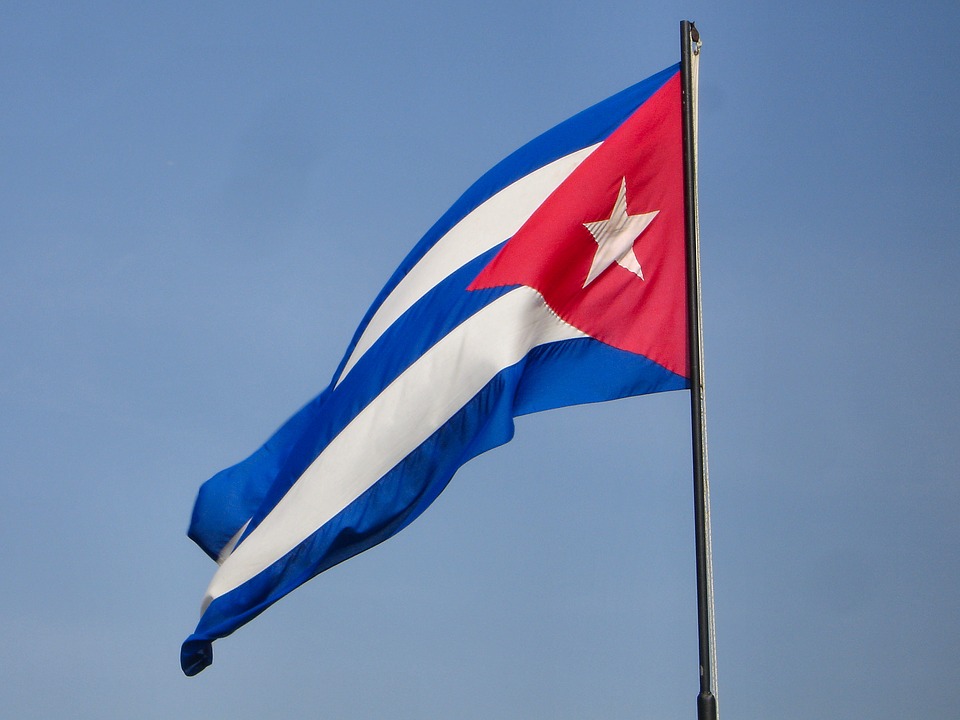For the past few months, there has been a great deal of controversy over the university’s stance on relations with Cuban institutions, particularly government-run universities.
The issue garnered attention over the summer when Jaime Suchlicki resigned as director of the Institute of Cuban and Cuban-American Studies over outrage at the idea that the university was considering partnering with Cuban universities. This led to further outrage from the large and influential Cuban-American community in Miami. Cuban exiles expressed fear of a new leader that lives by “the fantasy of a post-Castro Cuba.” Any idea of cooperation with the Castro government was met with strong opposition.
President Frenk has since met with 17 Cuban-American leaders. Frenk reassured them that no institutional agreements with the Cuban government or its universities will be made.
This was a mistake by President Frenk. The Cuban-American community’s reaction was understandable and legitimate. They hold a strong resentment toward Castro and his government. Castro and his supporters took their home away and showed no regard for human rights.
The University of Miami and the United States have taken a no-communication, no-cooperation stance for over 50 years with the goal of weakening and ultimately eliminating the Castro regime, which has been unsuccessful overall.
In fact, while Castro and the rest of the Cuban elite have retained power, the Cuban people have borne the brunt of the Cuban embargo. It is time to put this suffering to an end.
The University of Miami should be a leader in this effort rather than a follower of a long-disproven methodology. It goes without saying that there is no American university more historically connected to Cuban studies than the U. This gives us the unique ability to influence American foreign policy with Cuba. If we were to partner with Cuban institutions, it would send a strong message that widening relations with Cuba is the right direction for American foreign policy.
American companies and investment would enter Cuba, and American culture would follow. The Cuban people could gain the strength and empowerment necessary to demand human rights, and the Castro regime would have no choice but to relinquish some power.
I am not suggesting that this plan is foolproof. However, after trying the same plan for over 50 years without success, it’s insane not to try something new.
I urge President Frenk to reconsider his decision. Rather than give in to public pressure, he should make a decision that would be best for the university as well as the Cuban people.
Ryan Steinberg is a sophomore majoring in political science.
Photo courtesy Pixabay user dassel.






